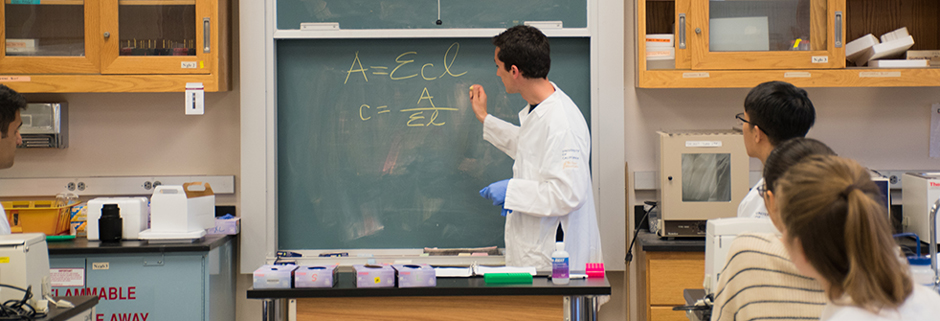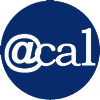
CRISPR: Cal's Cutting-edge Course
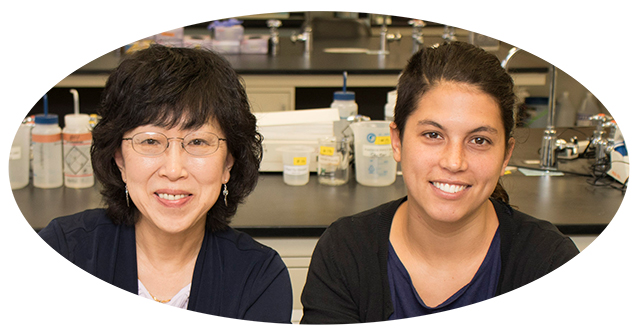
Exceptional academic collaborations start with interesting ideas, but it takes dedicated people to make them a reality — people like Fei Lin and Ariana Hirsh. Working together, Lin, MCB’s instructional lab manager, and Hirsh, the Innovative Genomics Institute (IGI)’s course coordinator, have created an undergrad workshop that is far ahead of its time.
Their three-week CRISPR summer undergraduate workshop has drawn students from as far away as Princeton and London, and may become a template for courses at other universities.
CRISPR is a fast, inexpensive gene-editing technology that has revolutionized genomics. It started when researchers realized bacteria have an adaptive immune system that allows them to identify viral invaders and snip their DNA into pieces. Berkeley’s Jennifer Doudna was among the first researchers to realize this capability could be harnessed for precise gene-editing techniques.
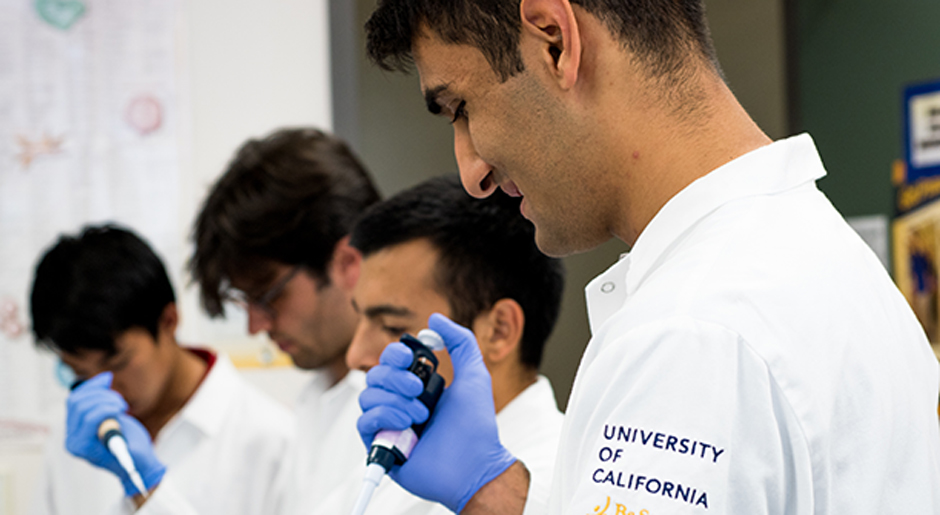
Biomedical researchers are using CRISPR to target a patient's own cells to cut out simple mutations that cause diseases such as sickle-cell anemia, Huntington's disease, cystic fibrosis, and others. CRISPR is also a powerful research tool that is helping to illuminate fundamental biological processes. Recently, researchers used it to insert genetic barcodes into a single mouse embryo that allowed them to track the development of millions of cells.
The first CRISPR workshop, sponsored by IGI in the summer of 2016, brought together senior researchers from around the country to hear lectures and gain hands-on experience in MCB’s labs. Says Lin, “As MCB’s instructional lab manager, I was involved from the start. After the successful 2016 workshop, I proposed offering a CRISPR lab class for undergrads. The MCB chairs and administrators were very supportive.”
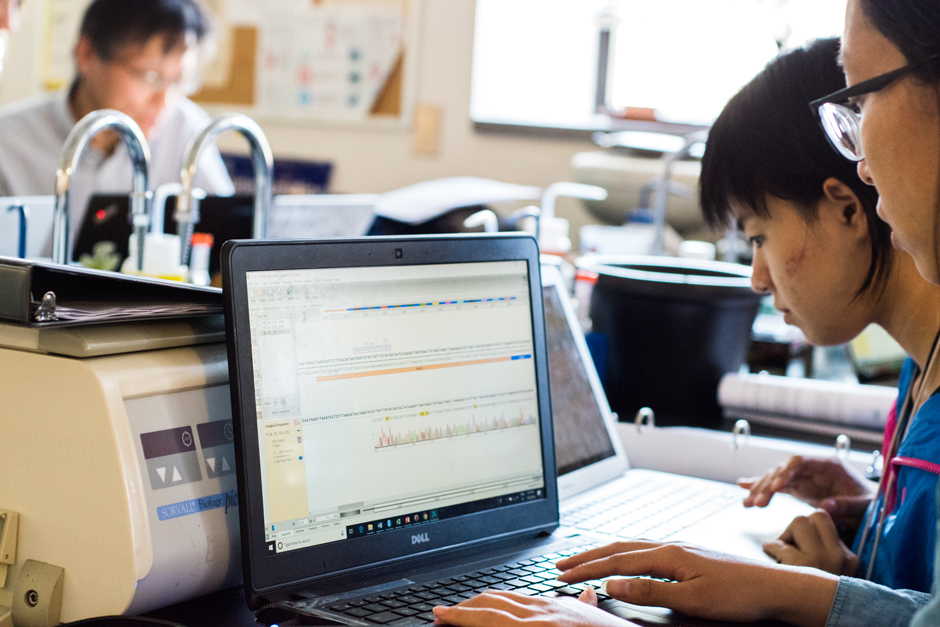
Lin started working with IGI’s Hirsh to develop a one-week undergrad CRISPR workshop for the summer of 2017. With the 2017 workshop successfully accomplished, the pair refined, expanded and integrated it into the 2018 summer session schedule as a three-week workshop taught by IGI researcher and MCB assistant adjunct professor Jacob Corn.
Says Hirsh, “This summer the course enrolled 28 students, about two-thirds from Berkeley and one-third from outside. Some students wanted to enhance their grad school prospects, but many were driven by pure curiosity. All of them were self-motivated.” The positive student experience is evident in their course evaluations. According to one student, “It was fascinating to learn about non-editing applications for CRISPR.” Another student said, “I generally liked all the labs — I thought that the procedures were all well explained without being too dumbed down." Students were also eager to recommend the workshop to their peers, “Definitely take the course, since it shows many aspects of CRISPR, not only how to do the procedures.”
Adds Josh Cofsky, one of the workshop’s GSIs, “Several students came all the way from the east coast and even from overseas to take this course. When I expressed surprise that they’d invested so much in a short summer workshop, their response was, ‘Well, it’s the only CRISPR course in the world.’ I'm excited to watch how it evolves in future iterations both at Berkeley and at other institutions.”
Below: Graduate Student Instructor Josh Cofsky instructs CRISPR lab course students.
